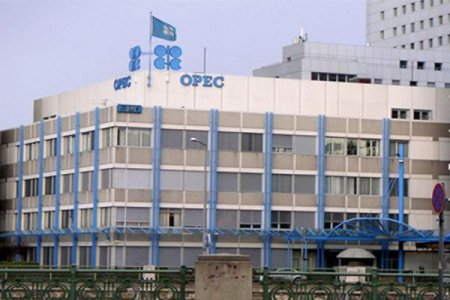
Nigeria’s Finance Minister, Wale Edun, confirms that President Tinubu’s economic reforms, including adjustments to PMS pricing and foreign exchange policies, have saved ₦930 billion. These measures have contributed to over 3% GDP growth in 2024, with plans to boost revenue further in the 2025 budget.
Nigeria's economy has been significantly impacted by President Tinubu's reforms, with Finance Minister Wale Edun reporting that the country has saved approximately ₦930 billion. This is largely attributed to changes in foreign exchange policies and the market-based pricing of premium motor spirit (PMS), which were implemented as part of Tinubu’s efforts to stabilize and recover the economy. Edun revealed that these measures have addressed about five percent of revenue losses, placing the country on a recovery path despite inheriting an unstable economy.
The reforms have also contributed to Nigeria’s GDP growth of over three percent in 2024, a remarkable achievement considering global economic challenges. Edun highlighted that revenue-generating agencies, such as the Nigeria Customs Service and the Federal Inland Revenue Service, have played crucial roles in driving consistent revenue growth. This growth is essential for achieving the government's development goals, including fiscal discipline and economic sustainability.
Furthermore, the 2025 budget will focus on increasing tax-to-GDP ratios, boosting national revenues, and ensuring fiscal stability. The Ministry of Industry, Trade, and Investment has also projected a target of ₦2.4 trillion in internally generated revenue (IGR) for 2025 to support the Renewed Hope Agenda, aimed at driving economic recovery, industrial growth, and job creation.
However, despite these reports, there remains significant public skepticism, with some critics questioning the tangible benefits of the reforms, particularly in light of rising poverty and inflation.




![Today's Naira Rate [13-01-2025]: Forex Woes Persist as Naira Falls to N1,548 Officially, N1,667 in Black Market](/data/attachments/212/212368-cecc7b1fed30e571bea2decdfbbfcb9d.jpg?hash=PERHMQHP25)